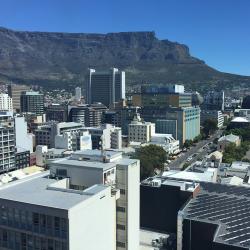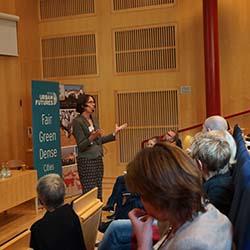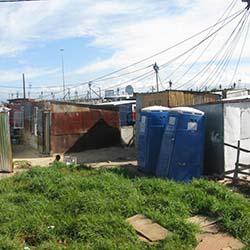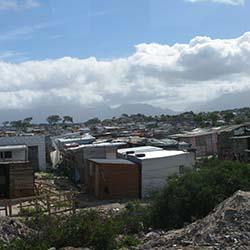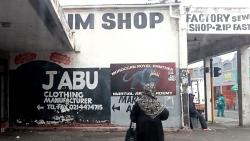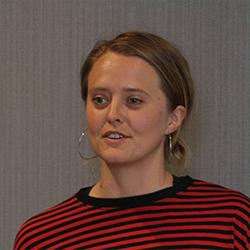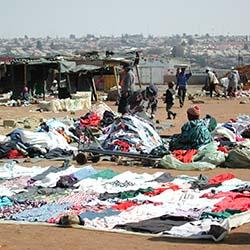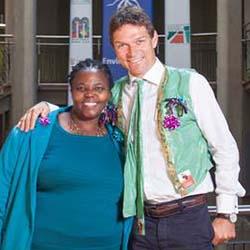Contributing to Urban Debates in South Africa
There is a lack of up-to-date, alternative and appropriate knowledge about South Africa’s cities. Perspectives on South African cities are still dominated by outmoded discourses and dated analytical concepts and categories. These cannot inform meaningful policy interventions. The challenge is therefore to transform existing knowledge as well as to steer opinion in progressive ways.

There is an urgent need to approach the urban crisis with a different set of assumptions and horizons, and to translate these into ordinary conversation and actions. Few municipalities have even begun to address the hopelessness of ‘business as usual’ in their structures, staffing and processes. Citizen journalism is also misdirected and would benefit from a deeper understanding. Elevating urban debates is urgent; disclosing the multi-dimensionality of urban challenges (financial, operational, technical) is also a way of probing opportunities and seeding powerful new alliances for supplementing and enhancing City capacities. City problems belong to all citizens.
Urban challenges
The urban challenges that are addressed in the project are wide-ranging and key to academic and policy debates on cities and urbanism in the global south. One example is responding to proposed national licensing legislation that intended to regularise petty trading in South African cities but would hamper participation of both foreign immigrant entrepreneurs from across Africa and traveling cross-border traders in southern Africa. Another example is the co-hosting of a public debate on the proposed and then approved application for a large development called Wescape in Cape Town that challenges the City-defined urban edge.
The knowledge used in different debates and activities stem from the other Cape Town platform projects as well as from projects within the ACC, African Centre for Cities, which is one of the partners of the platform.
Research focus
The main research questions are: How can we get to know a city? How do we recognise that cities are different, and that what works for one may not work for another? How do we understand a city on its own terms? What are cities’ needs and constraints? Who defines these? How do we make cities more livable, sustainable, resilient, efficient and equitable, taking these needs and constraints into account? How do we reconcile caricature slum urbanism with the nuanced realities people living in slums face?

Results
The aim of the project was to raise the standard of research and discourse about the urban crisis in South Africa. Through a range of joint activities with diverse specialists, urban agencies and publics knowledge partnerships have been strengthened and spaces for discussion and strategizing has been created. This has allowed for the sharing of data, innovative methods and channels for communication.
Another aim was to learn ways of influencing urban policy making as well as fostering considered and evidence-led academic and public discussion about South African cities and about appropriate and desired interventions.
These two aims have been achieved through hosting, cohosting and attending relevant conferences, workshops and public dialogues. Consultancy and advisory services have been provided and peer-reviewed books, chapters and papers, and articles for newspapers, blogs and periodicals have been produced.
Other results include policy documents, most notably the draft Integrated Urban Development policy for South Africa, the Cape Town 2030 Vision document and the exhibition entitled City Desired, City Divided.
Photo credit: Dala
